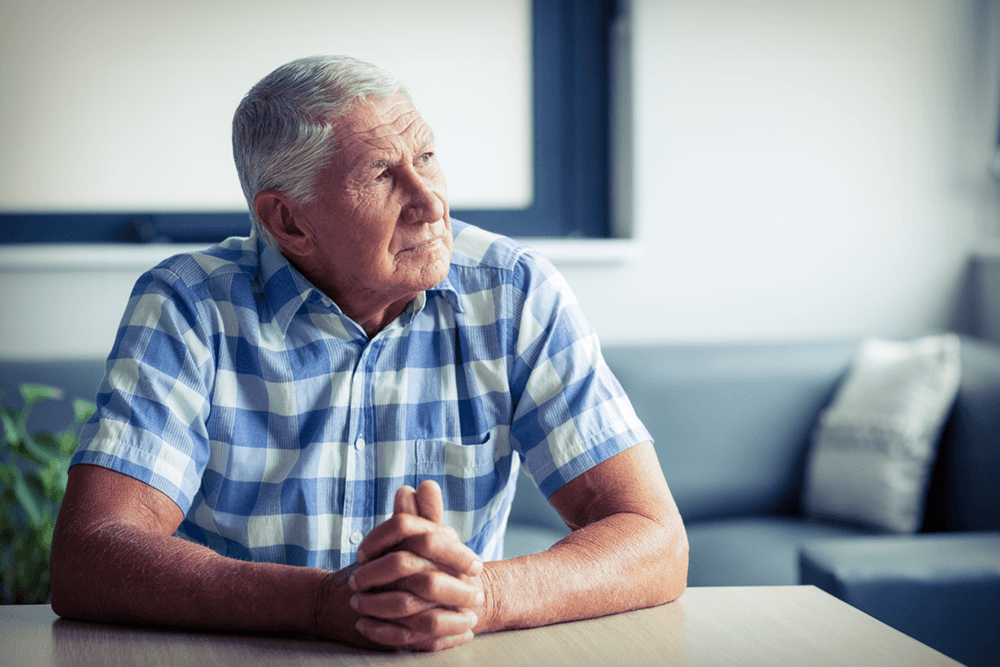Depression in elders is more common than most may think. In fact, according to estimates about depression released by the Word Health Organization, the number of people living with depression increased by 18% between 2005 and 2015. Depression is also the largest cause of disability worldwide. The World Health Organization’s World Health Day theme for the year is “Let’s Talk” with a focus on helping elders with depression as it is the most overlooked. How will you start a conversation with your loved ones? Learn more about the condition below.
What Is Depression?
Depression is an illness characterized by persistent sadness and a loss of interest in activities that one would normally enjoy. People who are depressed also have an inability to carry out daily activities. Depression can happy to anyone and it is not a sign of weakness. Sometimes depression in elders can last 2 weeks long, if not longer.
Symptoms of depression include:
- A loss of energy
- A change in appetite
- Sleeping more or less
- Anxiety
- Reduced concentration
- Indecisiveness
- Restlessness
- Feelings of worthlessness, guilt, or hopelessness
- Thoughts of self-harm or suicide.
Depression is treatable can be addressed and prevented with talking therapies, antidepressants, or a combination of these.
What Causes Depression in Elders?
Depression can be caused by many different things and is more than just feeling down. It is a serious illness caused by changes in the brain’s chemistry. Research tells us that many factors contribute to the onset of depression. In elders, some of these factors include genetics, changes in hormone levels, certain medical conditions and medications, grief from loss, loneliness, loss of independence, and other difficult life circumstances.
What To Do If Someone You Know Is Feeling Depressed
The first thing you can do for someone who isn’t feeling themselves is to let them know you’re there for them. Listen to them without judgment and offer support. You can also encourage them to seek professional help and offer to accompany them to these appointments. If medication is prescribed, monitor and help them take it as prescribed. Patience is key as it may take a few weeks before they start to feel better. You can also help them perform everyday tasks to break the cycle. Monitor and encourage them to maintain regular eating and sleeping routines. Help remind and encourage them with the positive side of things.
Remember: When you live with someone with depression, you can help them recover, but you need to take care of yourself, too.
What To Do If You’re Feeling Depressed
Talk to someone you trust about your feelings. Most people feel better after talking to someone who cares about them. Don’t be embarrassed or afraid to seek professional help. Your primary care doctor is a good place to start and will welcome the conversation. Remember that you are not along and with the right help, you can get better. Try to keep up with activities that you enjoyed when you were well. Stay connected and keep in contact with family and friends. Avoid or restrict alcohol intake and refrain from using illicit drugs as they can make your symptoms feel worse. If you can, exercise regularly, even if it’s just a short walk. You’d be surprised how being outside and in nature can make you feel better.
It is most important to remember you are not alone. To learn more about depression and how to stay positive and prevent depression as you age, click here.

 Call Lakeland
Call Lakeland
